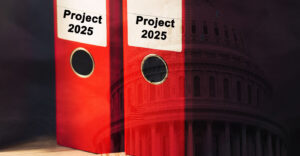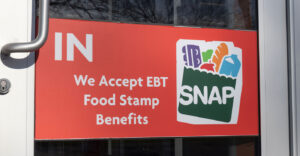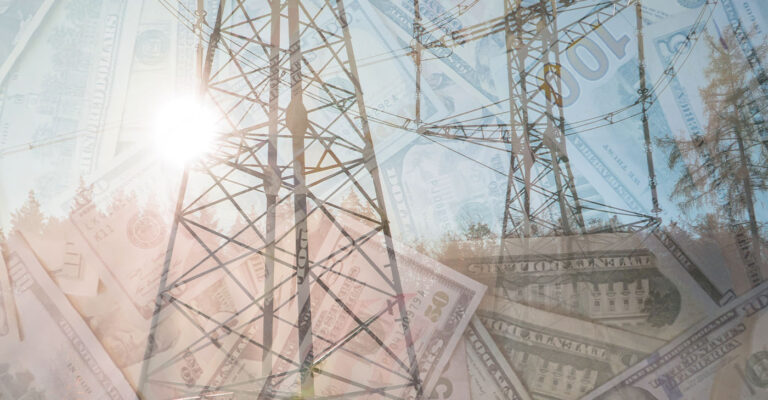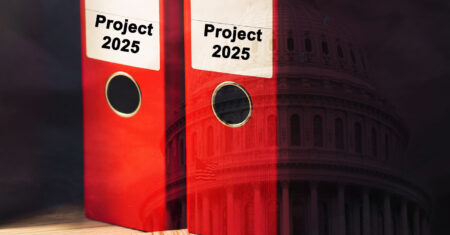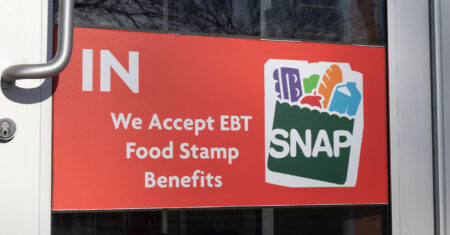By Stacy M. Brown
Black Press USA Senior National Correspondent
For many African American families, the cost of keeping the lights on and homes heated or cooled is not just a monthly bill — it’s a crushing financial burden.
A new national study from Binghamton University and California State University, San Bernardino, finds that Black households spend a far larger share of their income on energy compared to white households, even when income levels are the same. “We often say that African Americans suffer more, but we often blame it just on income. And the reality is, there is something more there,” study author George Homsy, associate professor at Binghamton University, wrote. “It’s not just because they tend to be poor. There is something that’s putting them at a disadvantage. I think what happened is it happens to be where they live.” The study, published in Energy Research & Social Science, analyzed 65,000 census tracts across the United States. It found that while the average American household spends about 3.2% of income on energy bills, households in the majority African American census tracts spend an average of 5.1%.
Homsy and researcher Ki Eun Kang point to the age and condition of housing stock, along with lower homeownership rates, as key drivers. Their research concludes that “energy burden is not simply a matter of income or energy cost but also race, which might be driven by place.” Older, less energy-efficient housing and high rental rates in Black communities mean residents often cannot make upgrades like improved insulation or new appliances, locking families into higher bills.
Tradeoffs and Health Risks
The consequences go beyond money. Families forced to spend 10% or more of their income on energy — what experts classify as “unmanageable” — may cut back on food, medicine, or other essentials. More than 12 million U.S. households report leaving their homes at unsafe temperatures to reduce costs, while millions more fall behind on utility bills. The health effects are severe. High energy burdens increase risks of asthma, depression, poor sleep, pneumonia, and even premature death. The issue is especially acute for African Americans, who are disproportionately exposed to housing and environmental conditions that amplify these risks.
Washington, D.C.: A Case Study
In Washington, D.C., the problem is particularly stark. A recent analysis by the Chesapeake Climate Action Network (CCAN) shows that SNAP-eligible households spend more than 20% of their income on energy bills. Across the metro area, nearly two-thirds of low-income households devote over 6% of their income to energy, and 40% face what researchers call a “severe financial strain,” paying more than 10%. Pepco, the District’s primary electricity provider, has implemented three consecutive annual rate hikes, pushing the average household bill to $114 per month as of January 2025. Shutoffs have followed — nearly 12,000 customers lost service in 2024, with disconnections doubling after a summer rate hike. Washington Gas has also sought a 12% rate increase and pushed a controversial $215 million pipeline replacement project, rebranded as “District SAFE.” The plan could ultimately cost D.C. households an additional $45,000 each over several decades, or nearly $1,000 annually added to bills.
Historical Roots
Researchers argue that these inequities are not accidental but rooted in history. The ScienceDirect study reveals that African American communities living in formerly redlined neighborhoods continue to face disadvantages today — from poor housing quality to higher climate risks. Homsy says policymakers must make targeted efforts. “It is harder to get to rental units where a lot of poor people live,” he noted. “We need to work harder to get into these communities of color.”
